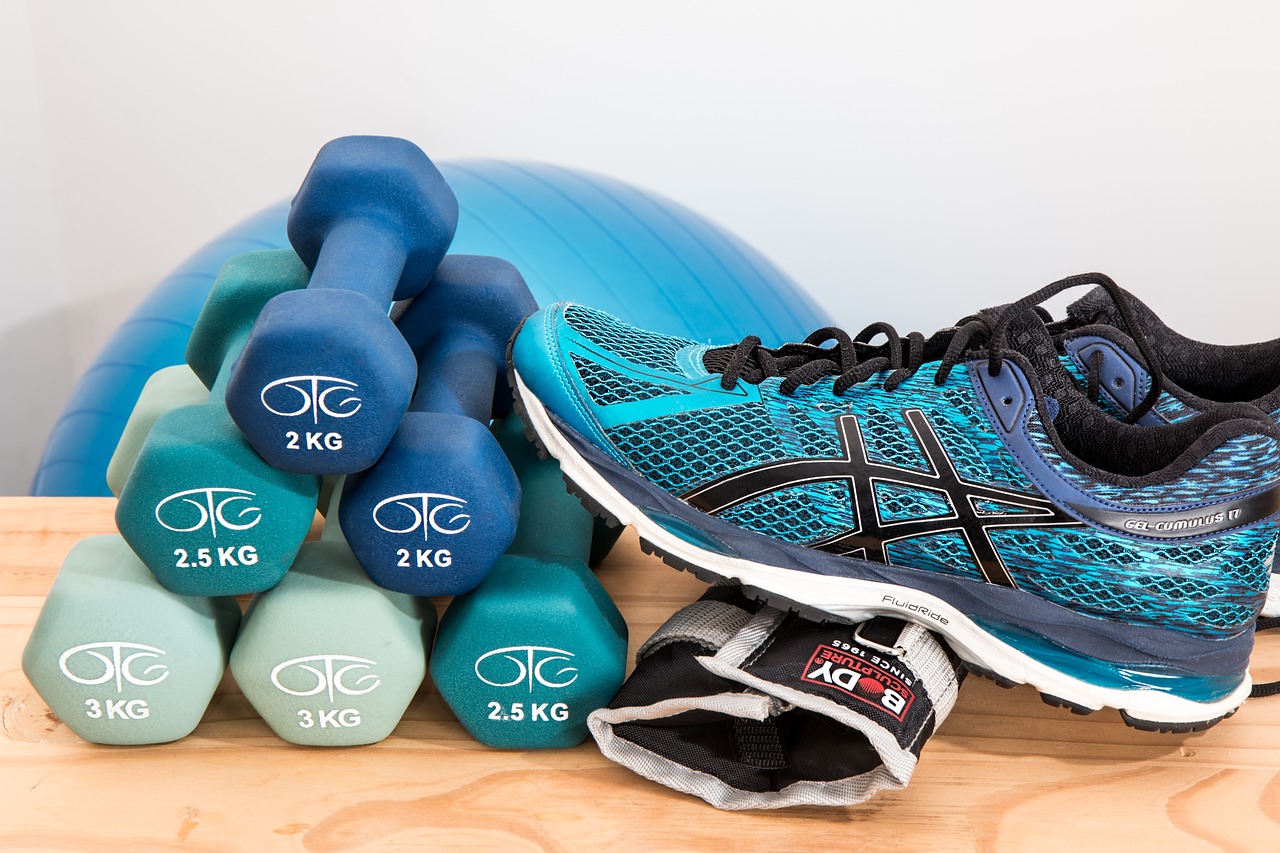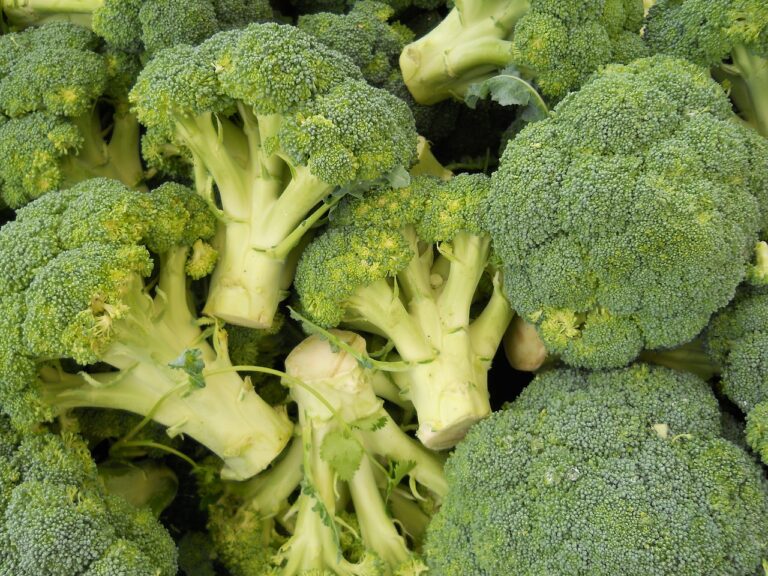10 Compelling Reasons Why You Are Craving Exercise

Craving exercise is a phenomenon experienced by many individuals who find themselves yearning for physical activity. This desire can stem from various factors, ranging from the psychological benefits associated with exercise to the physical improvements it brings about. In this article, we will explore ten reasons why people might crave exercise, shedding light on the motivations and benefits that drive this desire.
Why Am I Craving Exercise?
1. Endorphin Release
Exercise is well-known for its ability to trigger the release of endorphins, the body’s natural painkillers and mood elevators. This biochemical process can create a euphoric sensation often referred to as the “runner’s high.” The craving for exercise, in many cases, can be attributed to the pursuit of this natural, mood-enhancing effect.
Regular physical activity not only boosts endorphin levels but also contributes to overall emotional well-being. Individuals may find themselves craving the emotional balance and stress relief that exercise provides, making it a healthy addiction of sorts. The more consistently one engages in physical activity, the more likely they are to experience these positive mood changes, reinforcing the desire to continue exercising.
2. Improved Physical Health
Exercise plays a crucial role in maintaining and improving physical health. It strengthens the heart, increases lung capacity, and reduces the risk of chronic diseases such as diabetes, obesity, and heart disease. The direct correlation between regular physical activity and improved health outcomes is a powerful motivator for many.
The desire to exercise can also stem from the tangible results it yields, such as weight loss, improved muscle tone, and increased energy levels. Witnessing these physical changes can be incredibly rewarding, driving individuals to crave the activity that brings about such improvements. This cycle of positive reinforcement encourages a consistent and ongoing commitment to physical fitness.
3. Mental Clarity and Focus
Engaging in regular exercise has been shown to enhance mental clarity and focus. Physical activity increases blood flow to the brain, which can help sharpen cognition and improve concentration. For many, the craving for exercise is closely tied to the desire for these cognitive benefits.
The mental refreshment that comes from a workout session can be as compelling as its physical benefits. Exercise provides a break from the day’s stresses and distractions, offering an opportunity to clear one’s mind. This mental reset is highly valued, especially in our increasingly busy and connected world, making exercise an appealing and often craved activity.
4. Improved Sleep Quality
Exercise has a profound impact on sleep quality. Regular physical activity can help regulate sleep patterns and improve the depth and quality of sleep. For those struggling with insomnia or restless nights, the craving for exercise might be linked to its sleep-enhancing benefits.
The relationship between exercise and sleep is bidirectional; not only does exercise improve sleep quality, but better sleep enhances physical performance and recovery. This synergy creates a compelling reason to engage in regular physical activity, with the promise of a good night’s sleep being a powerful motivator for many.
5. Social Interaction
For some, the craving for exercise is about more than just the physical or mental benefits; it’s also about the social opportunities that come with it. Group fitness classes, sports teams, and running clubs provide a sense of community and belonging. The social interactions experienced in these settings can be just as rewarding as the exercise itself.
The encouragement and support found in group exercise settings can significantly boost motivation and enjoyment. This social aspect of exercise is a key factor in why some individuals crave physical activity, as it combines the benefits of fitness with the pleasure of social engagement.
6. Routine and Structure
Incorporating exercise into one’s daily routine can provide structure and a sense of accomplishment. For many, the act of planning and completing a workout is a satisfying ritual. The craving for exercise often stems from the desire to maintain this structure in one’s life, as it can bring a sense of order and discipline.
The consistency required for effective exercise routines can also foster self-discipline and time management skills. As these routines become ingrained, the craving for the familiar and rewarding structure of regular physical activity becomes more pronounced.
7. Challenge and Achievement
Exercise offers endless opportunities for setting and achieving goals. Whether it’s running a faster mile, lifting heavier weights, or mastering a new yoga pose, the challenge of surpassing personal limits is a significant motivator. The craving for exercise for many is closely linked to this desire for self-improvement and the satisfaction that comes with achievement.
The sense of accomplishment following a challenging workout can be incredibly fulfilling. This drive to overcome obstacles and achieve personal goals keeps many individuals coming back to exercise, craving the opportunity to test and extend their limits.
8. Body Image and Confidence
Exercise can play a key role in shaping one’s body image and boosting self-confidence. The physical changes that accompany regular exercise, such as weight loss or muscle definition, can significantly impact how individuals perceive themselves. This improved self-image is a powerful motivator for continuing physical activity.
Beyond physical appearance, the strength and endurance gained from regular exercise can also enhance self-esteem. Feeling stronger and more capable in physical endeavors can translate into increased confidence in other areas of life, fueling the desire to maintain an active lifestyle.
9. Stress Relief and Anxiety Reduction
Physical activity is an effective stress reliever and anxiety reducer. The act of exercising can divert the mind from daily worries and provide a productive outlet for the release of tension. For many, the craving for exercise is rooted in its ability to provide a sense of calm and relaxation in the face of stress.
The physiological effects of exercise, such as reduced levels of stress hormones like cortisol, contribute to its anxiety-reducing benefits. Regular engagement in physical activity can foster a more resilient stress response, making exercise a sought-after remedy for those looking to manage anxiety and stress.
10. Enjoyment and Fun
At its core, exercise can be incredibly enjoyable. The fun of engaging in a favorite sport, exploring new trails, or dancing to upbeat music can make physical activity an enticing prospect. The craving for exercise often comes down to the simple pleasure derived from these activities.
Finding an exercise routine that is both enjoyable and effective is key to sustaining long-term engagement. When individuals discover forms of physical activity that they truly enjoy, the craving for exercise becomes a natural extension of their pursuit of happiness and fulfillment.
In conclusion, the craving for exercise encompasses a wide range of motivations and benefits. From the physiological to the psychological, the reasons behind this desire are as diverse as they are compelling. Understanding these motivations can help individuals harness their craving for exercise, turning it into a powerful force for positive change in their lives.






